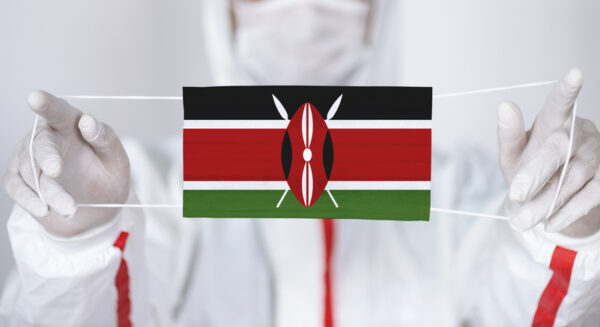FIST to be used for Surveillance of Diseases in Kenya

Kestrel Technology Group (KTG) is excited to announce that it will be working with the University of Edinburgh, University of Liverpool Institute of Infection and Global Health, and International Livestock Research Institute on the Zoonoses and Emerging Livestock Systems (ZELS) ZooLink
Project. ZooLinK integrates three strands of activity: scientific research, enhanced operational capacity, and policy development. The applied objectives of the ZooLinK program are to obtain proof-of-principle and provide design specifications and an implementation plan for a sustainable, integrated surveillance system in humans and livestock for endemic and emerging zoonoses focusing on humans, cattle, small ruminants and pigs.
KTG will provide the ZooLink researchers with a version of the Field Information Support Tool that will allow data collectors to uploaded high-level multi-media rich reports into a secure, web based system that will be made accessible in real time to dedicated computers in Nairobi using the FusionPortal application, with regular downloads to the Universities of Edinburgh and Liverpool servers. The data output s from the ZooLinK program will consist mainly of demographic data on the human and animal populations of western Kenya, descriptive data relating to the livestock value chains in this region, economic data relating to disease surveillance, epidemiological data on selected zoonotic diseases and non-zoonotic parasitic diseases, pathogen typing data from isolated bacteria and single-nucleotide polymorphism data from cattle and pigs. Multimedia data, such as photographs, audio-files and videos will be collected when they provide added value to the core data set.
KTG is currently building a special version of the Gather application for "pandemic" preparedness to a broader view of surveillance, early warning and early detection and response to infectious disease outbreaks, particularly including vector-borne diseases (malaria, Dengue, chikungunya, Ebola, etc.) to influenza and influenza-like illnesses/febrile diseases. For more information about ZELS: http://www.bbsrc.ac.uk/news/health/2014/141110-pr-20m-combat-animal-diseases-to-humans.aspx. For more information about FIST, please contact leonidn@kestrel-tech.com.
Make decisions more effectively.